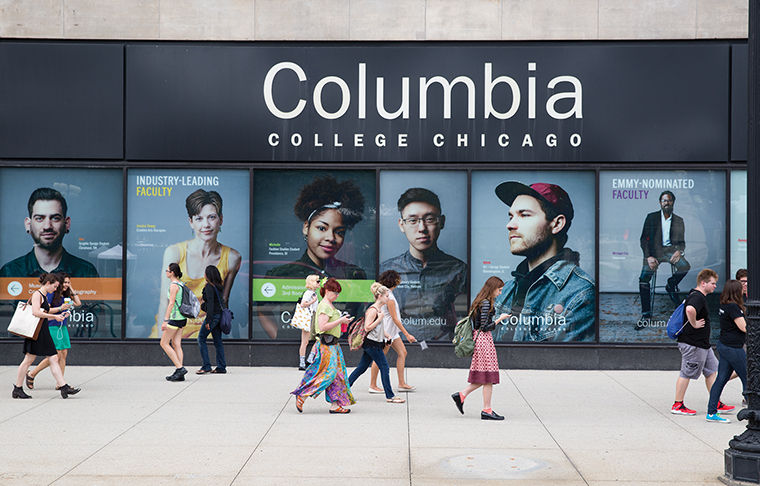Selectivity doesn’t explain college graduation rates
September 2, 2014

Although Columbia does not have a high retention or graduation rate, a new study from the American Educational Reasearch Association found that those rates do not directly predict whether a particular institution’s students will be successful.
A study published in the Aug. 6 American Educational Research Journal found that a college’s or university’s selectivity has a limited effect on students’ chances of graduating.
The study, “College Selectivity and Degree Completion,” by Scott Heil and Paul Attewell of the City University of New York and Liza Reisel of Oslo, Norway’s institute of Social Research, analyzed data obtained from a study of 12,000 college students followed from 1996-2001.
“Our analysis shows that for an individual, the net effect of moving from a lower to middle tier school, or from a middle to an upper tier school is so small as to be almost unmeasurable,” the article said. The study also found no support for the theory that over-matched students—those attending institutions in which many have stronger academic credentials—are less likely to graduate.
However, “differences in graduation rates are largely driven by the composition of the student body and secondarily by tuition cost,” the study noted. Possible explanations, according to the authors, are that higher tuition may be associated with better academic support systems and may also prompt students to take school more seriously.
Stan Wearden, Columbia’s senior vice president and provost, said it is important for students to choose a college that suits their interests, rather than just pursuing the most selective school they can find in order to ensure positive progression.
“I think taking a look at things like auditions and portfolio review would probably give us a much better indicator of the probability of success here than some of the standard measures that might be used by a comprehensive state university,” Wearden said.
Collegiate institutions have an inherent obligation to recruit students who have a high likelihood of actually completing a degree at their school, Wearden said.
He added that colleges may be able to do better by identifying what that means for their institution and being selective according to those categories. However, basing a student’s potential productivity in college exclusively on test scores or high school GPA alone is a poor policy, he said.
DeAndre’ Berry, a senior cinema art + science major, said proximity played a prominent role in his choice to attend Columbia. However, Berry said he had a clear idea on what he would define as success and how that translated to the institution he chose.
“Success is measured by how much you have done at Columbia before you even graduate,” Berry said. “There are a lot of people who go to this school and just graduate with no connections, without doing any work and without coming up with their own work.”
Berry said he was positively received by many of the students and staff in his department. That assured him he was truly in the right place.
“If the person doesn’t feel welcomed or comfortable, then that school means nothing,” Berry said.
Paris Hipps, a junior television major, said the college encourages expanding the ways of thinking and embracing the social diversities the institution offers, which was one of her deciding factors.
“Columbia students need to take initiative in order to be successful at Columbia,” she said. “There are people from different walks of life here. They practice different things in their life, they go by different sexual orientations, and they’re from different ethic groups. The culture of Columbia’s collective student body better prepares the student for life.”







